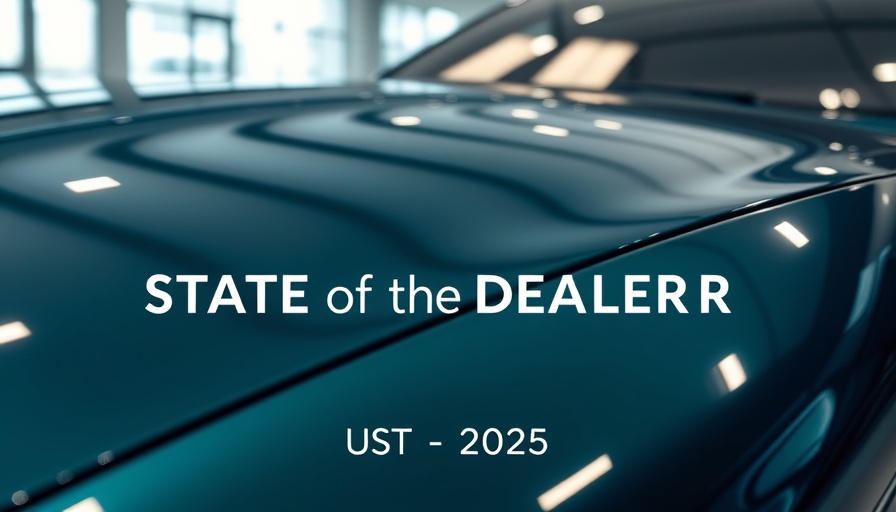
The UK Car Market: Signs of Recovery Amid Economic Challenges
The UK’s new car market has shown signs of resilience, with registrations increasing by 1.6% in May, amounting to 150,070 units. As reported by the Society of Motor Manufacturers and Traders (SMMT), this marks the best May performance since 2021, indicating a slow recovery from the pandemic-induced downturn. However, with registrations still down by 18.3% compared to pre-pandemic levels in 2019, the road to recovery remains rocky.
Fleets Drive Growth, But Private Buyers Hesitate
This growth was primarily driven by fleets and businesses, which saw a 3.7% increase and a remarkable 14.4% rise, cumulatively accounting for 62.6% of total registrations. However, private buyers have displayed caution, as their interest dwindles with a consecutive 2.3% decrease in registrations. This trend underscores the challenges faced by individual consumers amid fragile economic conditions.
Shifting Preferences: The Rise of Electrified Vehicles
While the overall market faces hurdles, the demand for electrified vehicles has surged. Hybrid electric vehicles (HEVs) increased by 6.8% to 20,351 units, and plug-in hybrid electric vehicles (PHEVs) skyrocketed by 50.8%, making up a substantial share of new registrations. Battery electric vehicles (BEVs) accounted for 21.8% of the market, showing an impressive 25.8% growth. Manufacturers have taken strategic steps, employing attractive incentives to boost sales, but the current discounting cannot continue indefinitely.
Balancing Sales and Sustainability – A Tightrope Walk
The automotive sector's sustainability efforts may clouded by aggressive discounting strategies aimed at enhancing consumer interest in new EV models. Despite these efforts, SMMT Chief Executive Mike Hawes warns that the continual reliance on discounting jeopardizes future investments necessary for advancing zero-emission technologies. With the market facing ongoing cost pressures, a concerted push for fiscal support from the government could be pivotal in reshaping the future landscape of the automotive industry.
Government Support: A Crucial Element for Future Growth
Calls for government intervention are growing louder. Proposals such as halving VAT on new EV purchases could significantly boost registrations, potentially leading to an influx of 267,000 EVs and reducing CO2 emissions dramatically. Suggestions also include removing EVs from the Vehicle Excise Duty (VED) Expensive Car Supplement and equalizing VAT on public charging to further incentivize consumers to lean towards electric options.
Insights for Car Dealerships and Sales Teams
This evolving market clearly presents both challenges and opportunities for dealership owners and General Managers. A focus on electrification training, specifically auto salesman training tailored towards EVs and contemporary customer engagement strategies, can be crucial in navigating the current trends. Understanding the nuances of consumer psychology during these uncertain times will empower sales teams to engage effectively with potential buyers, thereby converting interest into sales. Moreover, staying informed on policy changes and market offerings will help dealerships better position themselves amid fierce competition.
Conclusion: A Call to Action for Dealership Success
The UK car market is on a gradual path to recovery, but the journey is fraught with challenges requiring strategic responses from the automotive industry. For dealership owners and GMs, now is the moment to ramp up efforts in auto sales training and capitalize on the growing interest in EVs. By enhancing their staff's knowledge and adaptively engaging clients, dealerships can become key players in this transformative automotive landscape.
 Add Row
Add Row  Add
Add 

 Add Row
Add Row  Add Element
Add Element 




Write A Comment